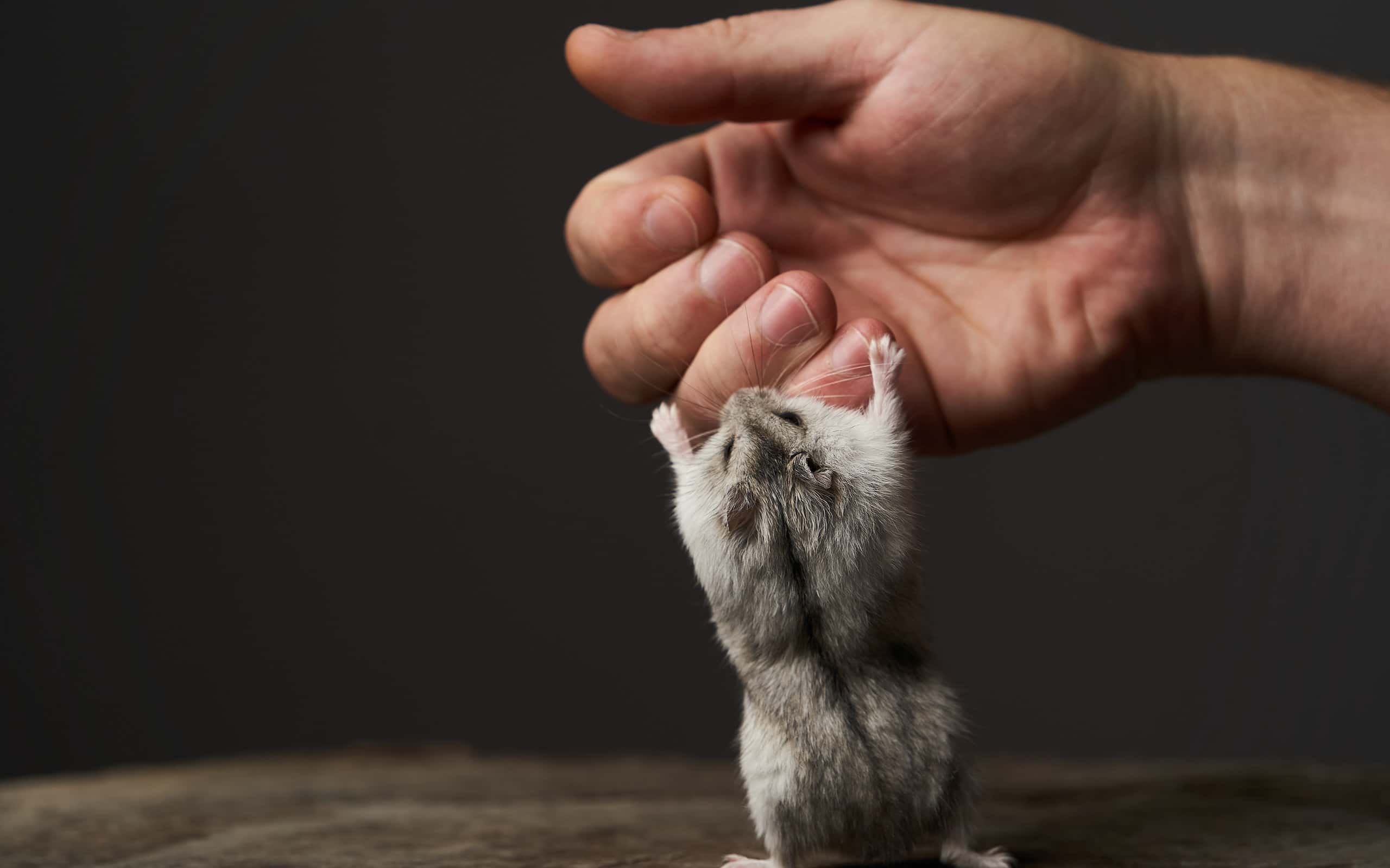Teenage years bring a surge of changes and pets can help teens develop a sense of responsibility while connecting with an animal. Some pets are low-maintenance and don’t have a long lifespan, which may be ideal for a teen who is going to be leaving for college in a few years. Other pets are a greater commitment, which means the responsibility to care for them may need to stay with you as a parent. Thinking long-term, you can decide which pet may be best for your young adult. Discover the best 10 pets for teens!
1. Hamster
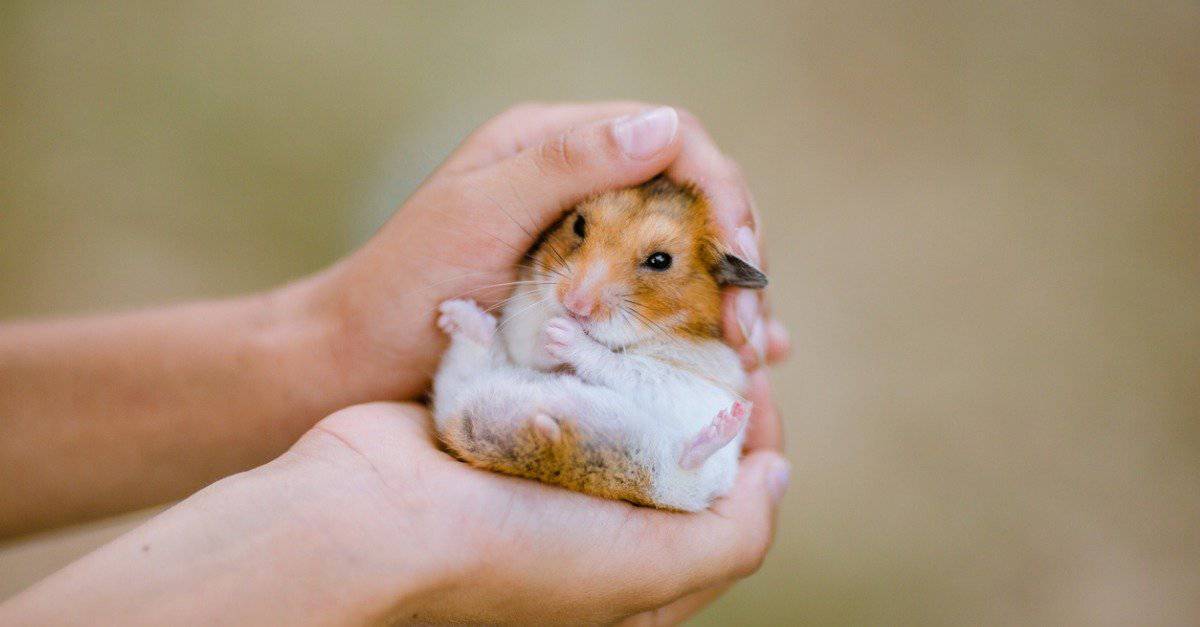
Hamsters are popular pets among children and teenagers.
©iStock.com/MajaArgakijeva
Hamsters are relatively easy to care for, so it’s not an immense responsibility you’re handing over. These cute creatures don’t have long lifespans, which is ideal for teens planning to move away from home. The loss of these pets also teaches an important lesson of mortality and they get a taste of grief that informs their future experiences.
2. Guinea Pig
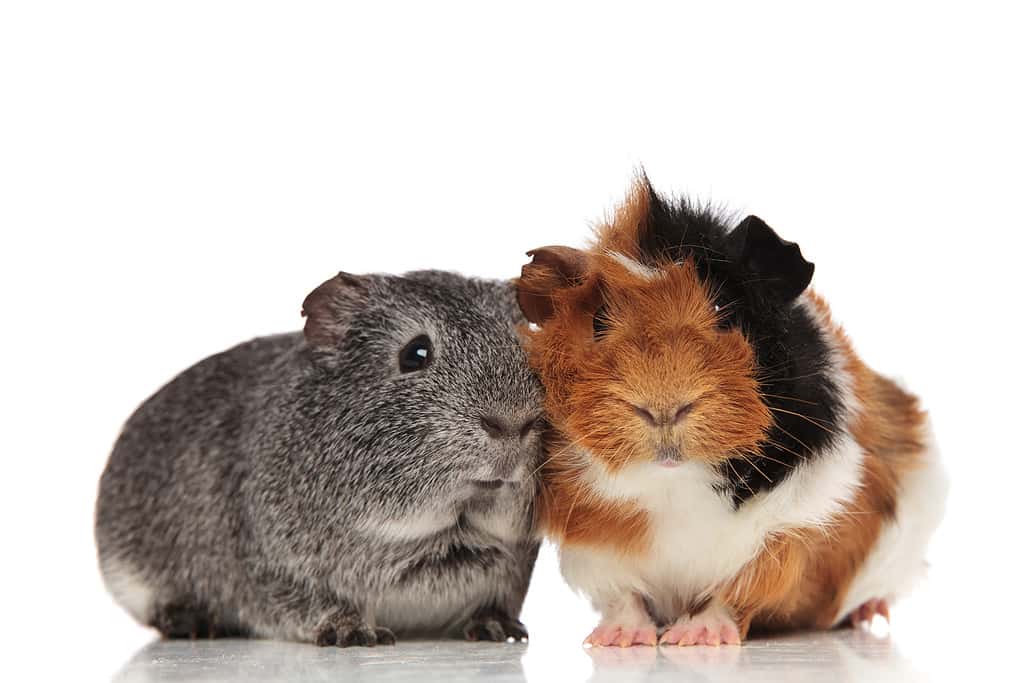
Guinea pigs have relatively short lifespans, between five and six years.
©feedough/iStock via Getty Images
Similar to a hamster, guinea pigs don’t have long lifespans. They tend to be most active after nightfall but they are still active during the day. Caring for them isn’t a huge task, and teens can watch them and bond with them in their enclosures.
3. Bird
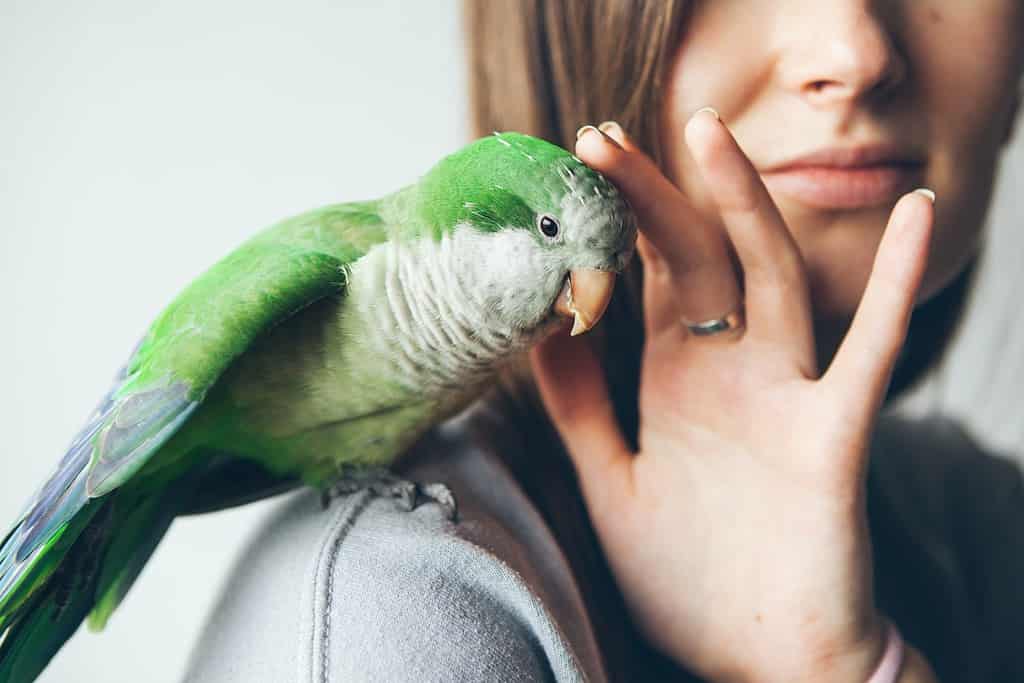
A bird could make a good pet for a teen, but not just any bird.
©Veera/Shutterstock.com
Not every bird is appropriate for teens. Parrots are popular, for instance, but not for first-time pet owners. A parakeet, on the other hand, is a wonderful starter bird. According to WebMD, they grow up to 7.8 inches and weigh up to 1.1 ounces. These birds have longer lifespans, so it’s important to consider if the bird will stay with your teen or remain at home under your care.
4. Cat
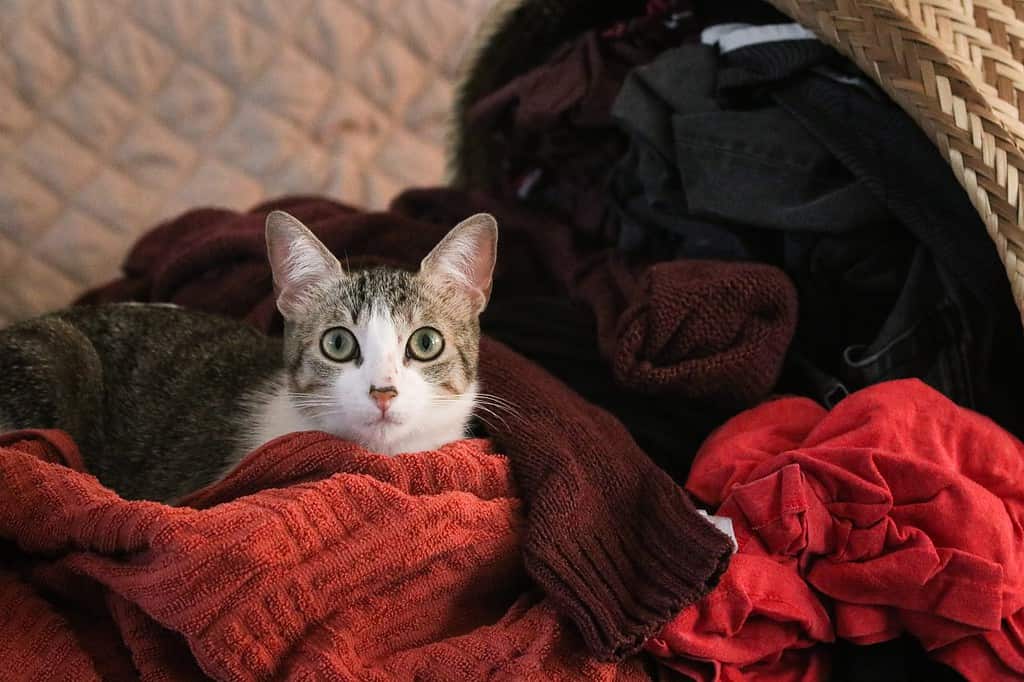
Cats have long lifespans, which is something to consider.
©Adib Santos Ahouraiyan/Shutterstock.com
Cats are known for being a bit aloof and self-sufficient. But that depends on the breed. Some are extra cuddly, some are stage five clingers, and some like to be left on their own mostly. They need a clean litter box, food, and safe places to rest (preferably cat trees).
5. Dog

The most popular pet in the U.S. is the dog.
©Andrey Sayfutdinov/iStock via Getty Images
There are myriad dog breeds to select from and each of their temperaments is distinctive. This opens up options for you as a parent because you can match the dog breed to your teen’s personality. A highly active teen does well with an active dog. A more introverted, reserved teen would do well with a smaller dog that enjoys staying at home just as much as them.
6. Fish
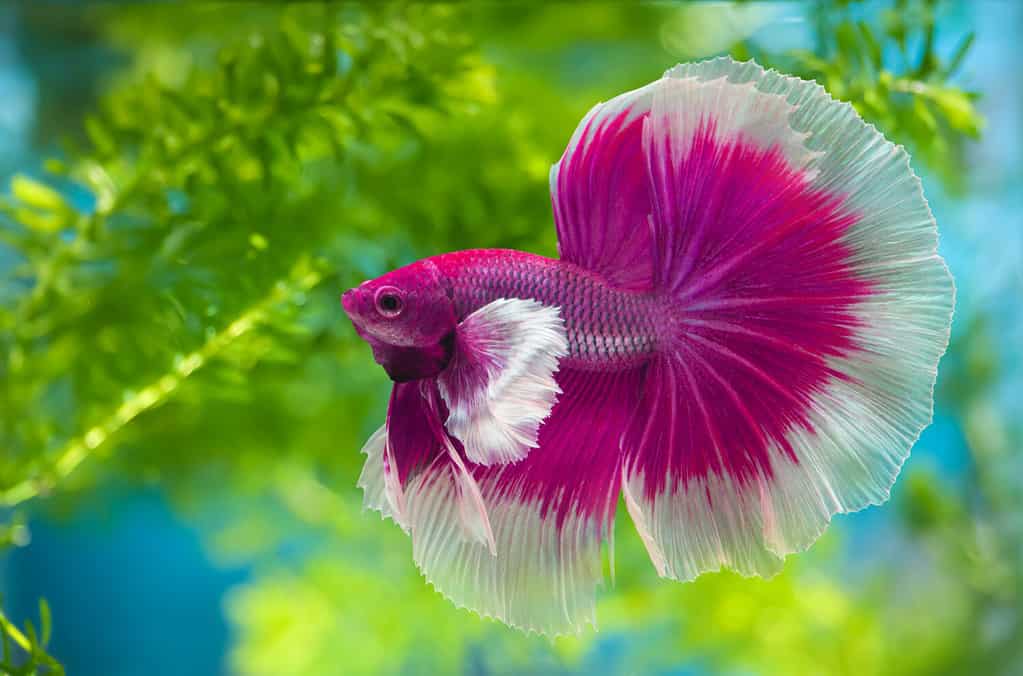
Not all fish types are for beginners.
©panpilai paipa/Shutterstock.com
Some great beginner fish include betta fish, which are know for their expansive fins and pops of color. They are a good choice for first-time fish owners because they’re low-maintenance. Bonding is a bit different since your teen won’t be handling the fish, but they learn some responsibility as they care for these little beauties.
7. Spider
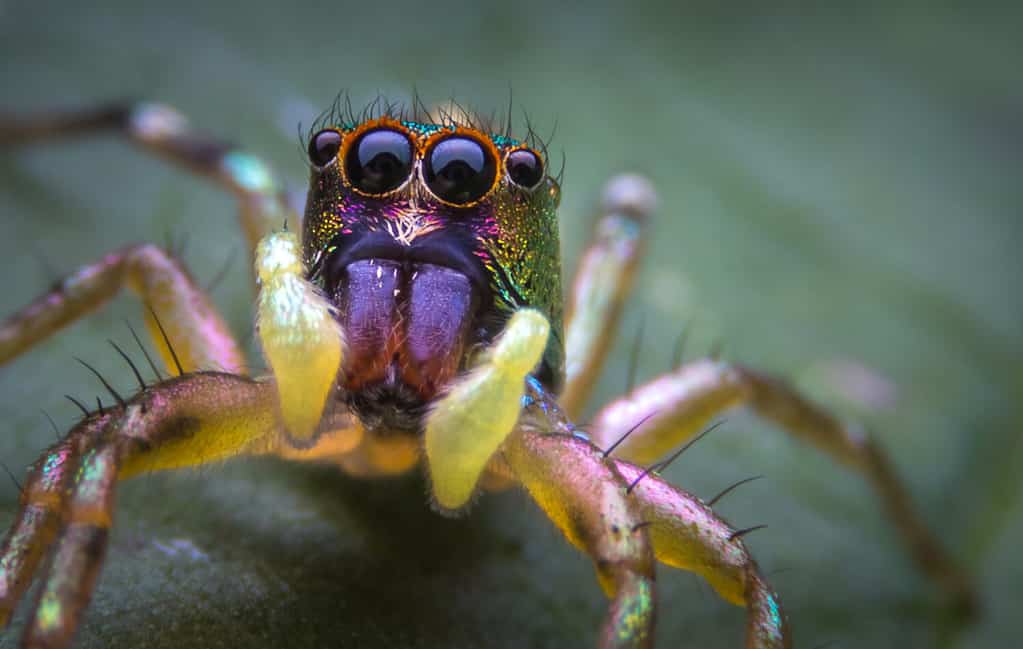
Jumping spiders are highly intelligent.
©pratan ounpitipong/Shutterstock.com
Jumping spiders are the types of spiders that remind you of puppy behavior. They have distinct personalities. While some may be more bold, wanting to explore, others may display more of a shy personality. This is a unique pet for teens interested in an alternative option. They need proper enclosures, but they don’t take up much space and your teen gets the chance to interact with them.
8. Hedgehog

These prickly sweethearts are content living alone, so you don’t need to worry about bringing home bonded pairs.
©yul38885 yul38885/iStock via Getty Images
Hedgehogs are considered exotic pets. They don’t have long lifespans (only about two to five years). During this time, they bond with your teen and begin to trust them. They’re relatively low-maintenance, but being that they’re exotic, they do require special care.
9. Bunny

These soft, fluffy pets can be quite affectionate.
©Y.S graphic/Shutterstock.com
Bunnies are social animals and extremely emotional. The Animal Humane Society suggests bringing a bonded pair home so they have the companionship they crave when your teen is out and about.
10. Snake
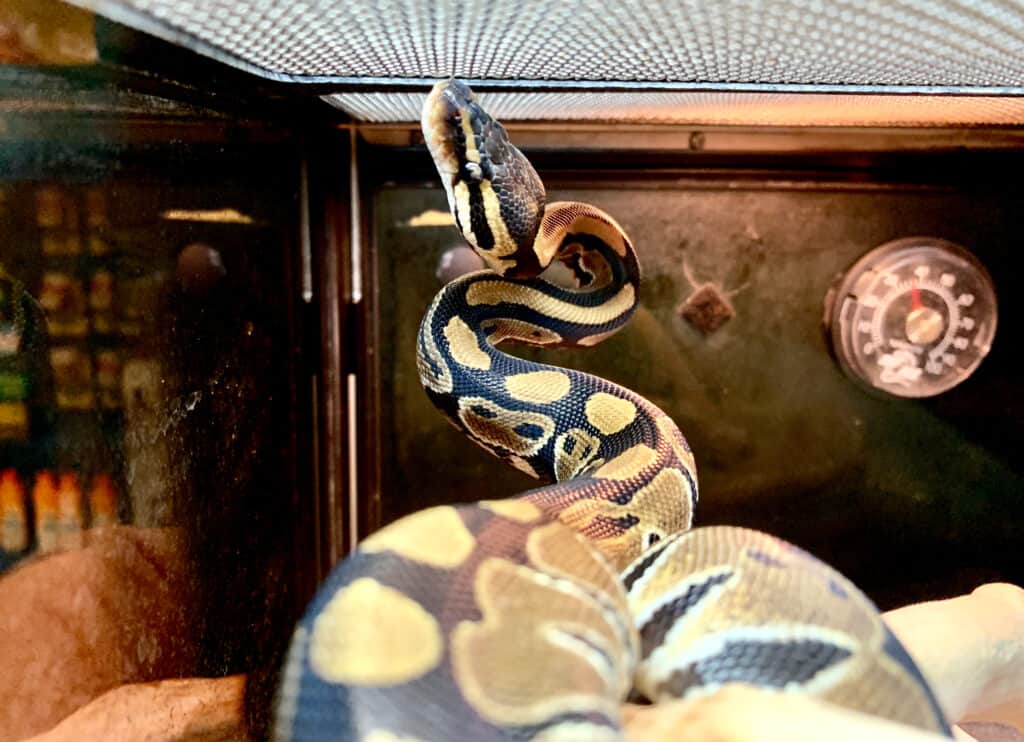
A ball python is a long-term commitment.
©Megan Czarnocki/Shutterstock.com
A snake like a ball python can live up to 30 years. They’re known for being good snakes for first-time pet owners. Their disposition is docile and they don’t need tons of space other than their enclosure. They require more care than some of the other pets in this list, so they may be more suitable for an older teen ready to make a long-term commitment.
Thank you for reading! Have some feedback for us? Contact the AZ Animals editorial team.

